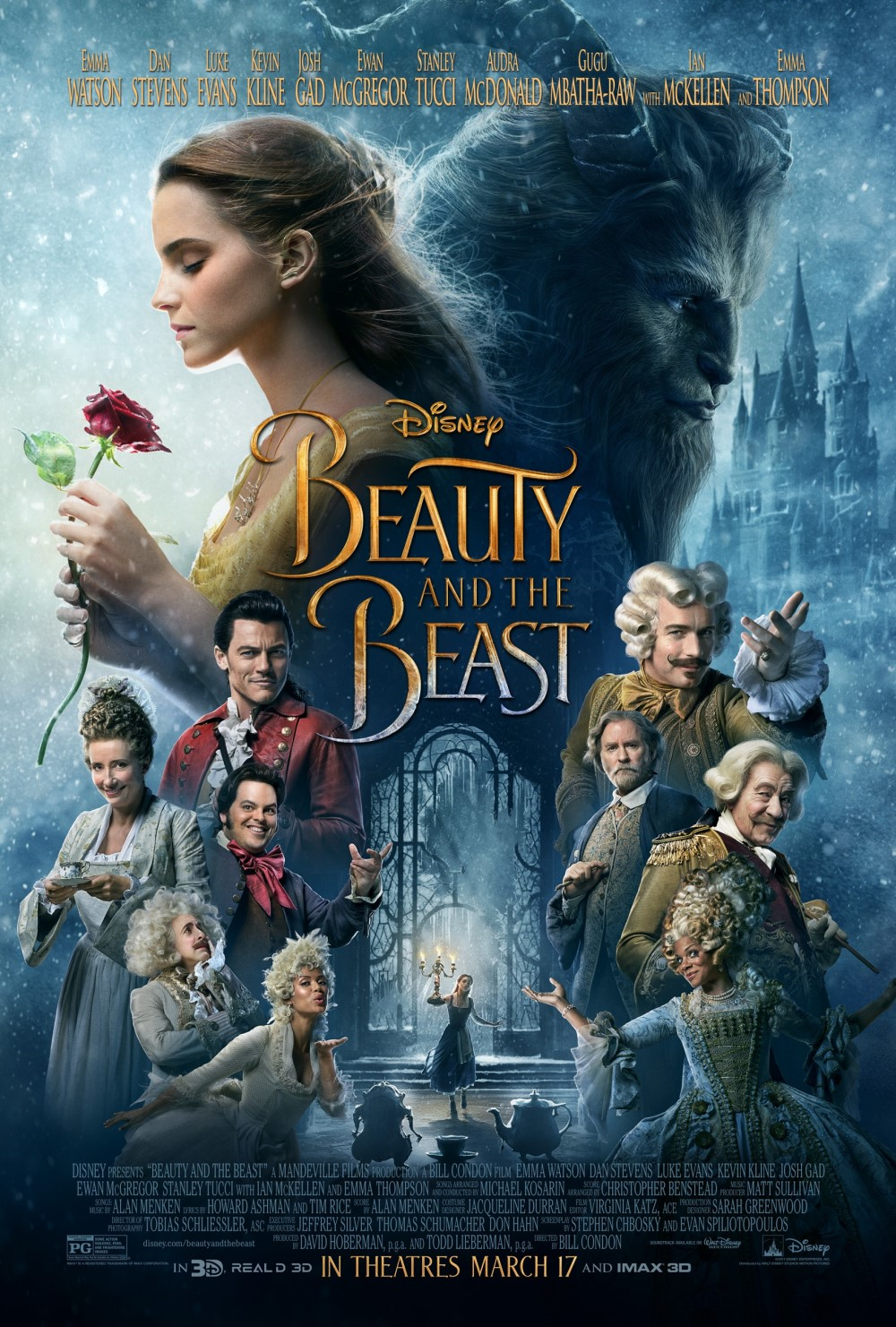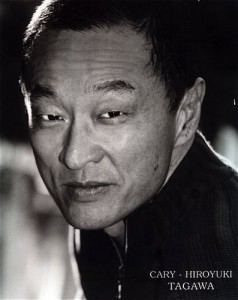Cary-Hiroyuki Tagawa is an actor and martial artist that is known best for his role of Shang Tsung in 1995’s “Mortal Kombat”. This Fall, he joined the cast of ABC’s Revenge in the role of Satoshi Takeda replacing Hiroyuki Sanda, from the previous season. He is also reprising his role next year of Shang Tsung in the return of the wildy successful web series “Mortal Kombat Legacy 2”. Media Mikes had a chance to chat with Cary-Hiroyuki about those two projects and also his role as a healer.
Mike Gencarelli: Tell us about how you ended up replacing Hiroyuki Sanada this season as Satoshi Takeda in ABC’s “Revenge”?
Cary-Hiroyuki Tagawa: I got a call one day from my agent talking about the show. He was pretty excited. I personally had no idea about the show. I honestly do not watch television much. I have not actually been in one place in order to settle in for almost three years. When I got that call I was in Hawaii. So I sat down and watched the show. I thought it was a little bit complicated though if you haven’t watched from the beginning but I thought it was cool and plus it has Madeline Stowe. I was told that they were looking for a replacement for Hiroyuki Sanada. He and I actually recently worked on a film called “47 Ronin” and had a great experience. He is a fantastic Japanese action star. So I went back and watched a few of his episodes. I knew very clearly what the role entailed. It wasn’t anything deeply new and exciting but it was a standard role for an actor. Takeda is basically a good guy [laughs] and I have done many of those. But I am a good guy, so I figured I could do it.
MG: What was your biggest challenge for you stepping into the role this season?
CHT: The challenge for me was to make him interesting. The dialogue doesn’t usually change much. But personally, I like to throw in ideas and change it up a bit. I have always had some input into every character that I have played. Nobody would stop me from playing out an idea that was interesting. But you have to come up with something pretty interesting. Dialogue is the easiest thing to change and doesn’t cost them any money. I always think about the audiences. They always keep on watching the same kind of junk. The bad guy is mean and nasty and by the end, we know he is going to lose. It is a pretty given sort of structure. But for me, I tried and find a way that I can make it more interesting for the audience and bring something different. You can scare the hell of our people, which I think I have done with different characters. That would get people’s attention. For this role, Sanada played it very straight and to the point. Since he was a lot smaller than I am and doesn’t look so mean, I had to try and gauge how mean I could look playing a good guy. One of the things that I was excited about is that people only saw him playing that character for one season and how I can make a difference. One thing that I wanted to do was bring a different persona, so that when Emily was being her arrogant self that she wouldn’t get away with it with me [laughs]. I wanted you to see that at least in my eyes that I was a lot more intimidating. They encouraged me to bring something new to it.
MG: What approach did you take to improve this character? What can we expect?
CHT: I do not think that it would have been too difficult for them to at least explain that we weren’t the same person. I thought that it was sort of a rough transition for most of the fans. I could have been his mentor or uncle, something like that. I think there is still a lot more to discover for Takeda. It is just the matter of how long that I can hold my breath. I think there is an element the way that Sanada played him that did not account for a lot of mystery, in the very particularly nit-picky way that actors are taught to do. To be very specific, he played it very straight forward and with not a whole lot more intrigued for the character. I think that having played the bad guy so long helped me with this. I feel that bad guys are fighting something all the time. I think I am bringing a little more of that to the character and it leaves you wanting to know more about him. That is why in the way that I play him, I mix it up. At points, I speak with them more like an Uncle or Father and other times it will be different. I have tried to layer that in, given I have only been given three times this season so far to do it. I was intentionally from the beginning making that choice. The show is one break now but after the beginning of the year, I am not sure where the role is going to go. But I know it has only just begun.
MG: How did it come again with you reprising the role of Shang Tsung in the web series “Mortal Kombat Legacy 2”?
CHT:After the first movie, all of the character had made deals for the sequel. Only two characters, Liu Kang and Kitana ended up in the movie. So it was a great disappointment, considering the success of the first one. This was just a confirmation to me for to reveal the truth of some particular people that were part of that team. It played itself out in much bigger problems. When I saw that person for one of the last times, I said “May you get what you deserve”. When that was all over with all I could do was resign to the fact that playing Shang Tsung in the first movie would have been enough. Then when I heard about the first series of “Mortal Kombat Legacy” but I was’t involved with the first season. Kevin (Tancharoen) and I connected over Twitter and offered me the role of Shang Tsung in the second sesaon. Twitter is changing politics. This guy is an amazing director and just such a humble guy. He is about to direct his direct movie for $50 million for the third “Mortal Kombat”.
MG: Any chance you will get to you play Shang Tsung again in that upcoming feature film?
CHT: The difference between the time that I did that the first movie and where my career is in now is that I have some certain standards now. But it will all be up to the studio and the producers. I let them know from the beginning, I said I wanted to do it but I had a history of not being respected. I said told them I would leave it to them to be real and see how it goes. Let’s just say I am not doing the web series for the money. But just to be a part of the web series is great. I am excited about working with Kevin and I would like to work with him even away from “Mortal Kombat”. He seems to really understand actors, which is highly rare. He has a place in Hollywood. I actually met his father back on the film “Rising Sun”. In fact, I had actually met Kevin as well, when he was 5 or 6 and he told me that he has a picture of me from back then. But for right now, I am very excited about the web series and the possibility of being in the feature.
MG: Tell us about your role of a healer, in addition to acting?
CHT: One thing that I have been enjoying talking about is that I am healer. You have probably never heard of an actor saying that…but I am a healer. I was a healer before I came to Hollywood. Hollywood is my day job and my greater purpose is to bring this particular system of healing to the world. It is something that I have been working on for over 30 years. I credit it to my father, who I didn’t know very well growing up. But I feel like when he passed, he passed on in spirit this healer gift. I consider it a gift and I am further developing it. So I want to dedicate this system to him. It comes from an understanding of breath. When you say breath, it is interesting to see people’s reaction since they start breathing deeper. It is funny and when I say posture, they sit up straight [laughs]. I have always been very observant of people’s behavior. Those are two things that should be second nature to us but our society has neglected it for so long. To bring this forward now, I know it is going to resonate with everyone that hears it. Then how far and deep they get into it after that obviously has yet to been seen. This is not based on any system that I have studied. The theories come from the principles martial arts, in terms of posture like the horse stance. There are others systems like Qigong that focuses on breathing. This particular form has nothing to do with fighting. I am calling it Martial Healing.
MG: Tell us about what can we expect from this system?
CHT: There is a lot that we can do to keep us out of harm’s way and prevent the breakdown of the body. This system begins with teaching about breathing and how it can greatly aid in that process. This would focus on breathing and the principle of moments and how those two can affect the body. I have worked with athletes and martial artists also and have gotten great results. I am coming from a place of developing something rather than just taking knowledge of an ancient system and repeating it. It is a new understanding with a new system. I bet you didn’t expect that from the actor that played Shang Tsung [laughs]. You can find out more at ShangsArmy.com


